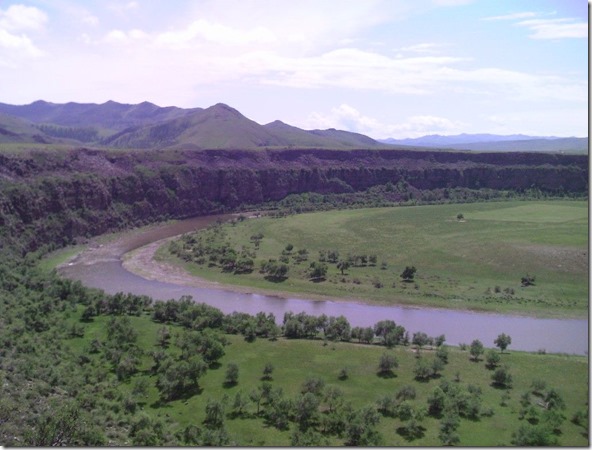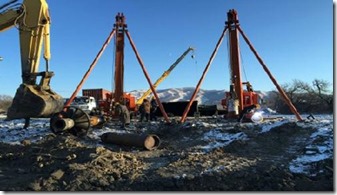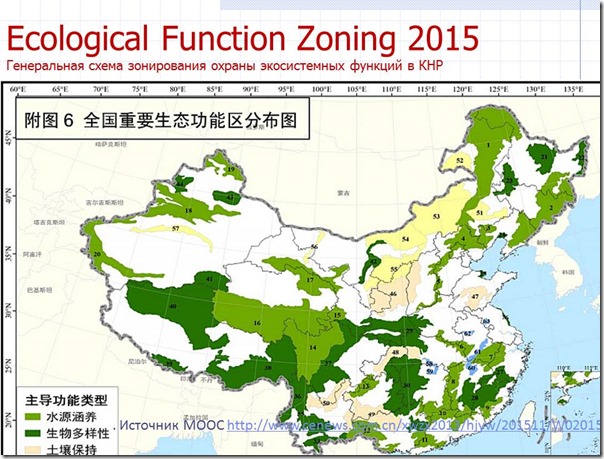On Behalf of Baikal Sturgeon We Wish a Happy Fish Migration Day to Mongolian President
Dear President Ts.Elbegdorj, Dear Bonn Convention Secretary Dr.Chambers: On the World Fish Migration Day[1] the Rivers without Boundaries Coalition is appealing to you on behalf of the Baikal Sturgeon – Acipenser baerii baicalensis – critically endangered creature inhabiting only Baikal-Selenge Basin in Mongolia and Russia. This species is listed in …





